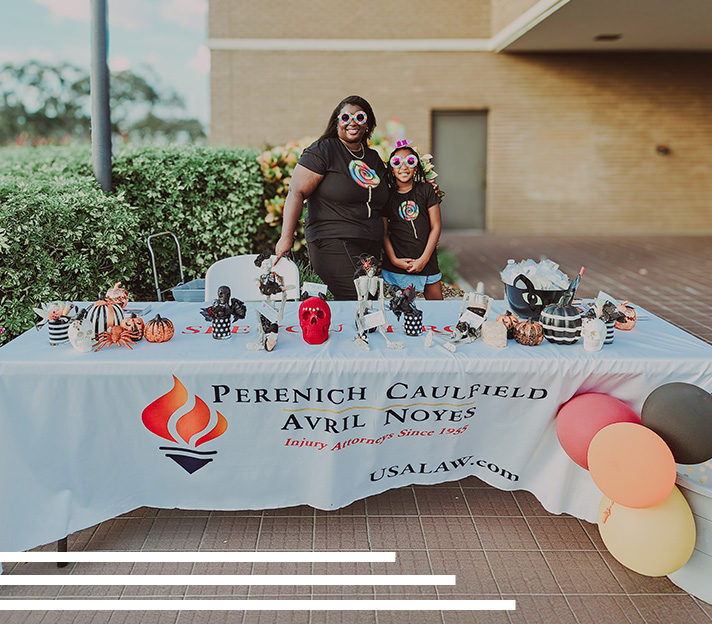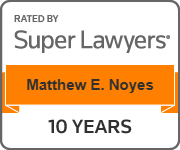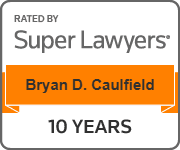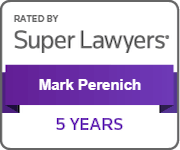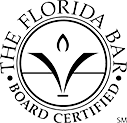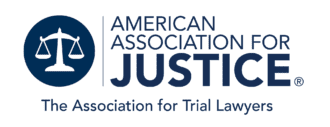Personal Injury FAQ
Understanding the intricacies of personal injury law is crucial when faced with a situation that necessitates legal pursuit. Learning about your rights and options and having an idea of potential challenges can significantly contribute towards informed decision-making.
Knowing the answers to frequently asked questions will be beneficial as you navigate such circumstances.
What Is a Personal Injury Claim?
A personal injury claim is a type of legal action that you can initiate if you’ve been harmed physically or emotionally because of the negligence or wrongful conduct of another party. The aim of such a claim is to seek monetary compensation for your losses incurred due to this harm, like medical expenses, loss of earnings, and pain and suffering.
Personal injury claims arise in multiple situations — automobile accidents, slip and falls at businesses, or during work-related tasks. These accidents happen when you’re injured due to someone else’s negligent or intentional behavior.
A personal injury claim generally starts with filing an insurance claim. If unable to reach satisfactory settlement terms through these initial negotiations, your attorney could escalate things by filing a lawsuit in civil court.
What Is a No-Fault State?
In the context of car accidents, Florida is known as a “no-fault” state. This means that in the event of an automobile accident, each driver involved must first turn to their own auto insurance coverage to pay for losses (medical bills or lost income). This remains true regardless of who was at fault in causing the crash.
However, it doesn’t mean that at-fault parties are completely off the hook. If damages or injuries from an auto accident surpass a certain threshold—for instance, if your injuries are severe enough—you could be entitled to seek additional compensation. This process begins by filing a personal injury lawsuit against the driver who caused the accident.
With these serious cases where fault comes into play, having legal representation familiar with Florida’s no-fault laws and who understands how to navigate the claim process is essential.
How Do I Know If I Have a Valid Personal Injury Case?
Evaluating the validity of a personal injury claim essentially involves establishing whether another party’s negligence led to your injuries. If so, they may be liable for your damages. There are several elements that will need to be proven to show negligence and to be successful with your claim.
Duty
First, it must be established that the defendant had a legal duty to take or avoid certain actions so as to not cause you harm. For instance, every licensed driver has a duty of care toward other road users, and every medical doctor has a duty to their patients to treat them at a certain level of care.
Breach of Duty
A plaintiff must demonstrate that the at-fault party violated this duty. In an automobile accident for example, this could be by showing that they ran a red light or exceeded the speed limit.
Causation
There needs to be clear causation between this breach and your injuries. For example, the car ran a red light and crashed into your car, clearly causing the accident and your injuries.
Damages
Finally, for a successful personal injury claim, you must prove that you suffered damages, which are losses related to the accident. This usually includes medical expenses, lost income, property damage, and pain and suffering.
Ultimately, proving these elements and determining whether you have a valid claim should be done by an experienced personal injury lawyer.
What Is a Settlement?
A settlement in a personal injury case is an agreement between the involved parties. The injured party and usually the responsible party’s insurance company resolve the dispute by a negotiated payment instead of going through a trial.
Essentially, the insurance company is paying you an agreed upon amount of money in exchange for you agreeing not to pursue a lawsuit or take any further legal action.
While settling can lead to receiving compensation more quickly and avoids lengthier court processes, it’s essential that any settlement offer received compensates you fairly.
This should include your present medical bills and missed wages during recovery time, and even future expenses like long-term rehabilitation. You should also make sure it takes into account non-monetary damages, like pain and suffering and decreased quality of life.
Should I Accept a Settlement Offer from the Insurance Company?
While a settlement offer might be presented to you quite early by the insurance company, it’s crucial not to rush through this process. Accepting the initial settlement offer isn’t always the wisest course of action.
Insurance companies are for-profit entities with their own interests in mind – they typically want to close claims quickly and at minimum cost. Therefore, early offers often tend to not reflect full and fair compensation for your harm.
You must make sure an offer is comprehensive enough that it completely covers both current costs from accident-induced injuries but also future expected expenses such as ongoing medical appointments or long-term disability needs. You also need assurance that other damages like emotional distress have been accounted for in negotiations.
Ultimately, the best way to determine if a settlement is the best option is to speak with your lawyer.
How Long Do Personal Injury Cases Take to Resolve?
The length of a personal injury case is variable, as it’s heavily dependent on the specifics of each individual claim. It could range from several months to even years before a full resolution is reached.
Several factors influence this timeframe, including the complexity of your case, the severity of your injuries, the insurance company’s level of cooperation, the competence of your attorney, and how much evidence is available to support your claim, among other factors.
Can I Still File a Personal Injury Claim if I Was Partially at Fault?
Yes, in most cases, you can still file a personal injury claim even if you were partially at fault for the accident. However, keep in mind that each state has its own laws.
In Florida, how much compensation you can recover if you’re responsible for an accident depends on when it occurred.
Florida follows modified comparative negligence. In these cases, you won’t be able to recover any damages if you were more than 50% at fault. Again, your damages will be reduced by your percentage of responsibility.
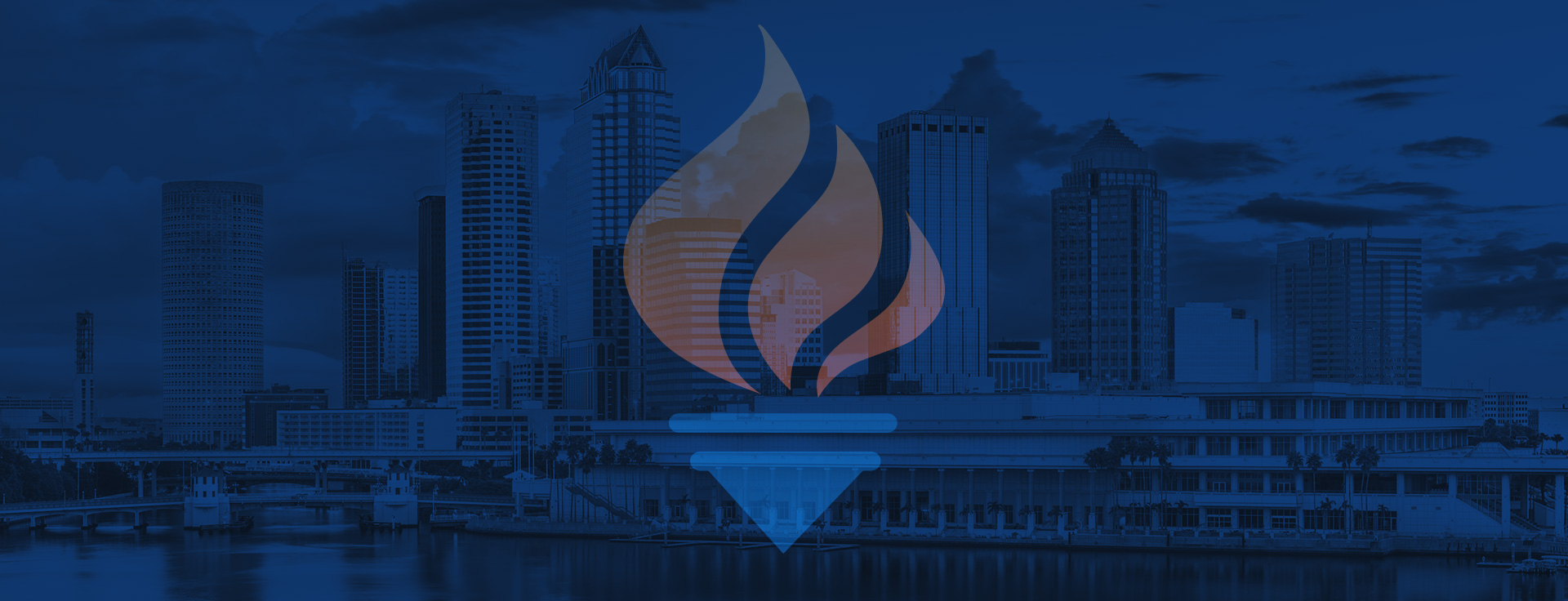
We treat you like family.
If you can’t come to us, we’ll come to you.
Representing Accident Victims in Tampa Bay since 1955
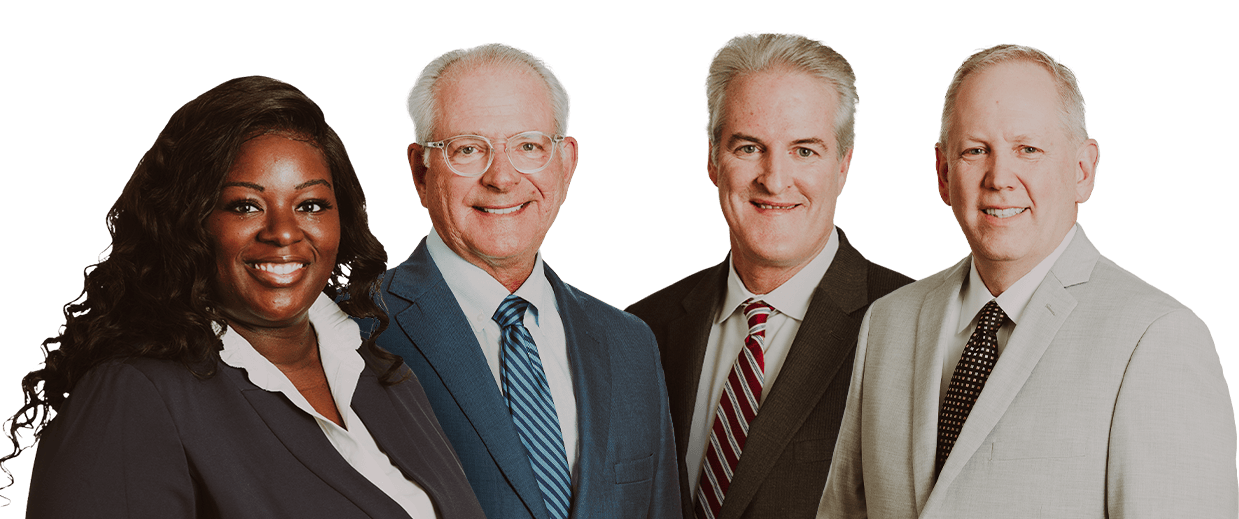


-
“Friendly knowledgeable and kept me informed about my case. Any offer, bill or question was readily answered. Would definitely recommend and refer people to Bryan Caulfield and his team!!”- Betty B.
-
“Mrs Bryant works her butt off to make sure you get what is do to you in medical and beyond! They won’t take your case if they don’t feel you haven’t been wronged.”- Christine R.
-
“Working with Mark Perenich on my auto injury case was an absolute game-changer. From the very beginning, he brought a level of professionalism, expertise, and care that immediately put us at ease.”- Kerry B.
-
“Lorrie and Allyson are phenomenal. I highly recommend them to anyone. It seemed like a never ending journey but I can’t thank them enough for diligently fighting my case with the greatest integrity, support and prayers.”- Former Client
-
“Allyson has been so helpful with navigating the disability process for my husband!”- Kaitlyn S.
-
“It honestly couldn’t have gone better. Pretty much perfect.”- Andreas B.
-
“From the first day we met this law group I felt very comfortable and knew we would be well taken care of. This was our first experience filing for SSD, and was not disappointed. The lawyers are awesome and very professional.”- Shari J.
-
“Very nice they worked with you. Never ignored me with my case. Always on top to work with you. Thank you so much for all that you have done to help me! Very highly recommend.”- Margarita O.
-
“My appointed attorney was Jacqueline, Bryant. She is very compassionate about her client and work. When it comes to negotiation, she's a Beast and she gets the job done.”- Alaina J.
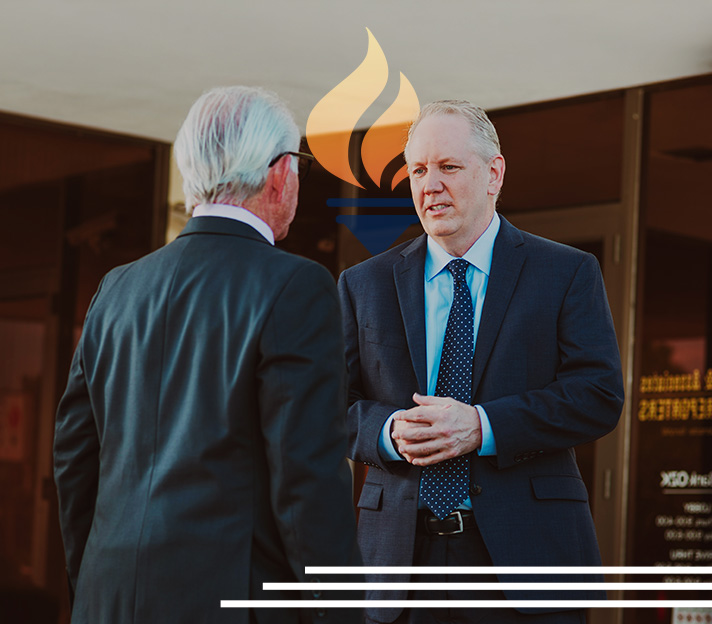

We’ve been proudly serving Clearwater, St. Petersburg, and the Tampa Bay area for generations. As the first personal injury law firm in Clearwater, our dedicated legal team brings over 300 years of combined experience to each and every case. If you’ve been injured and need support, please reach outtoday for a free consultation, we are here to help you.
